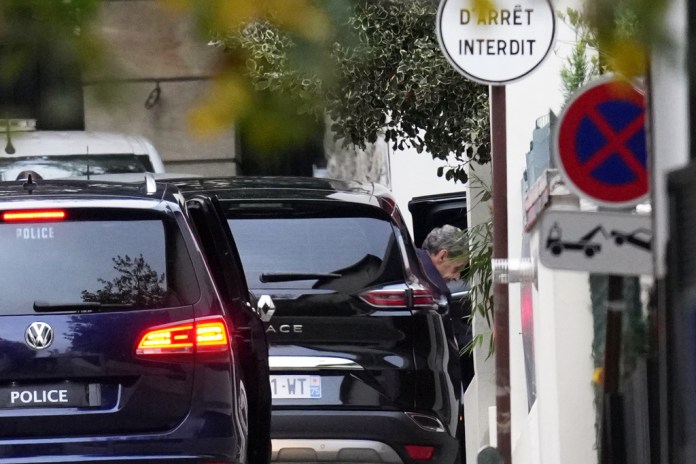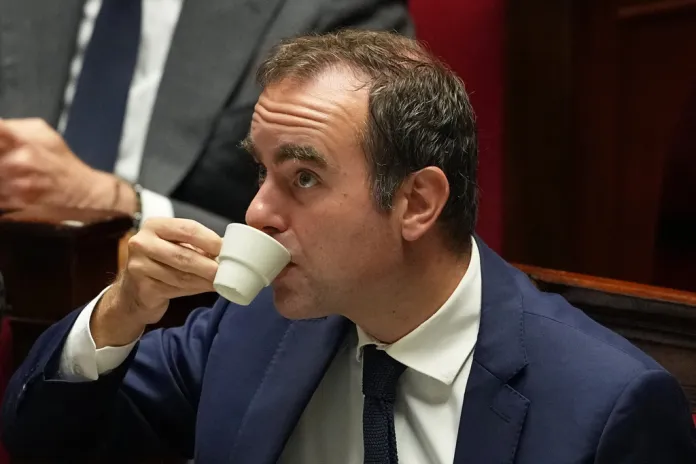French prime minister gambles government collapse with confidence vote and budget proposal
The French Prime Minister, François Bayrou, is facing meaningful political challenges as he seeks parliamentary approval for his budget proposal aimed at addressing France’s growing national debt and “over-indebtedness.” Bayrou announced a confidence vote scheduled for September 8, 2025, hoping to pressure the fragmented National Assembly to support his austerity measures, which include cuts to unemployment benefits and the elimination of two public holidays. Despite these efforts,Bayrou is deeply unpopular,polling at just 18%,and is expected to face a likely vote of no confidence due to opposition from a divided parliament with no clear majority. This political turmoil follows the dissolution of parliament by President Emmanuel Macron in July 2024 and the resignation of Bayrou’s predecessor, Michel Barnier, under similar circumstances. Should Bayrou lose the confidence vote, Macron will need to appoint a new prime minister, although the position has become increasingly difficult to fill. Meanwhile, right-wing leader Marine Le Pen is calling for another parliamentary dissolution, confident that public support has shifted in her favor. Both Bayrou and Macron currently hold historically low approval ratings, reflecting widespread public dissatisfaction with the government’s handling of France’s economic and political crises.
French prime minister gambles government collapse with confidence vote and budget proposal
The leader of the French government is confronting his unpopularity head-on in a last-ditch effort to pressure parliament to approve his budget, which he believes is necessary to rescue the country from “over-indebtedness.”
Prime Minister François Bayrou declared Monday that his government will seek a vote of confidence during a special session of the National Assembly on Sept. 8. Parliament was already expected to vote on his unpopular budget proposal.
“An immediate danger hangs over us that we must face not tomorrow or the day after, but today, without any delay whatsoever,” Bayrou said on Monday. “Otherwise, we will have no future.”
Bayrou alleges that the cost of servicing the national debt is on track to become the government’s biggest expenditure, eclipsing sectors such as education and defense.
“Is there, or is there not, a national emergency to rebalance our public finances and escape, while we still can, the curse of over-indebtedness?” Bayrou said at a press conference, explaining his grim predictions for France’s financial future. “Our country is in danger because we are on the brink of over-indebtedness.”
His proposed budget aggressively attacks France’s annual spending, but citizens have been put off by slashes to unemployment benefits and the abolition of two public holidays.
The prime minister, suspected by many to be already facing an inevitable “no confidence” vote in the fall, is urging his fellow members of parliament to grasp the “gravity” of the country’s financial outlook.
The confidence vote will be an uphill battle for the beleaguered prime minister, who has been frustrated at all opportunities by a parliament split into three warring factions without a clear majority.
Opposition parliamentarians willing to sink the government vastly outnumber those backing the current government, meaning Bayrou will likely be forced to resign following the Sept. 8 vote.
It would be the second prime minister forced to step down following French President Emmanuel Macron’s dissolution of the parliament in July 2024.
Michel Barnier, Bayrou’s predecessor, was forced to step down after a similar clash against opposition groups over budget proposals.
If Bayou’s government is defeated on Sept. 8, Macron will likely seek to replace him. However, with two prime ministers down, the job is becoming less and less desirable.
Marine Le Pen, leader of the right-wing National Rally, is spearheading calls for the parliament to be dissolved again, believing that the electorate has turned in her party’s favor.
Macron, who is primarily focused on international affairs as president, has vowed to complete his term, which ends in 2027.
KUSHNER CALLED TO FRANCE FOREIGN MINISTRY AFTER SAYING MACRON’S HANDLING OF ANTISEMITISM FALLS SHORT
Bayrou is currently polling with a mere 18%, just below the similarly dreary 19% approval rating held by Macron, according to the French Institute of Public Opinion.
Together, they mark the lowest public opinion for any French leaders since the establishment of the Fifth Republic.
" Conservative News Daily does not always share or support the views and opinions expressed here; they are just those of the writer."




